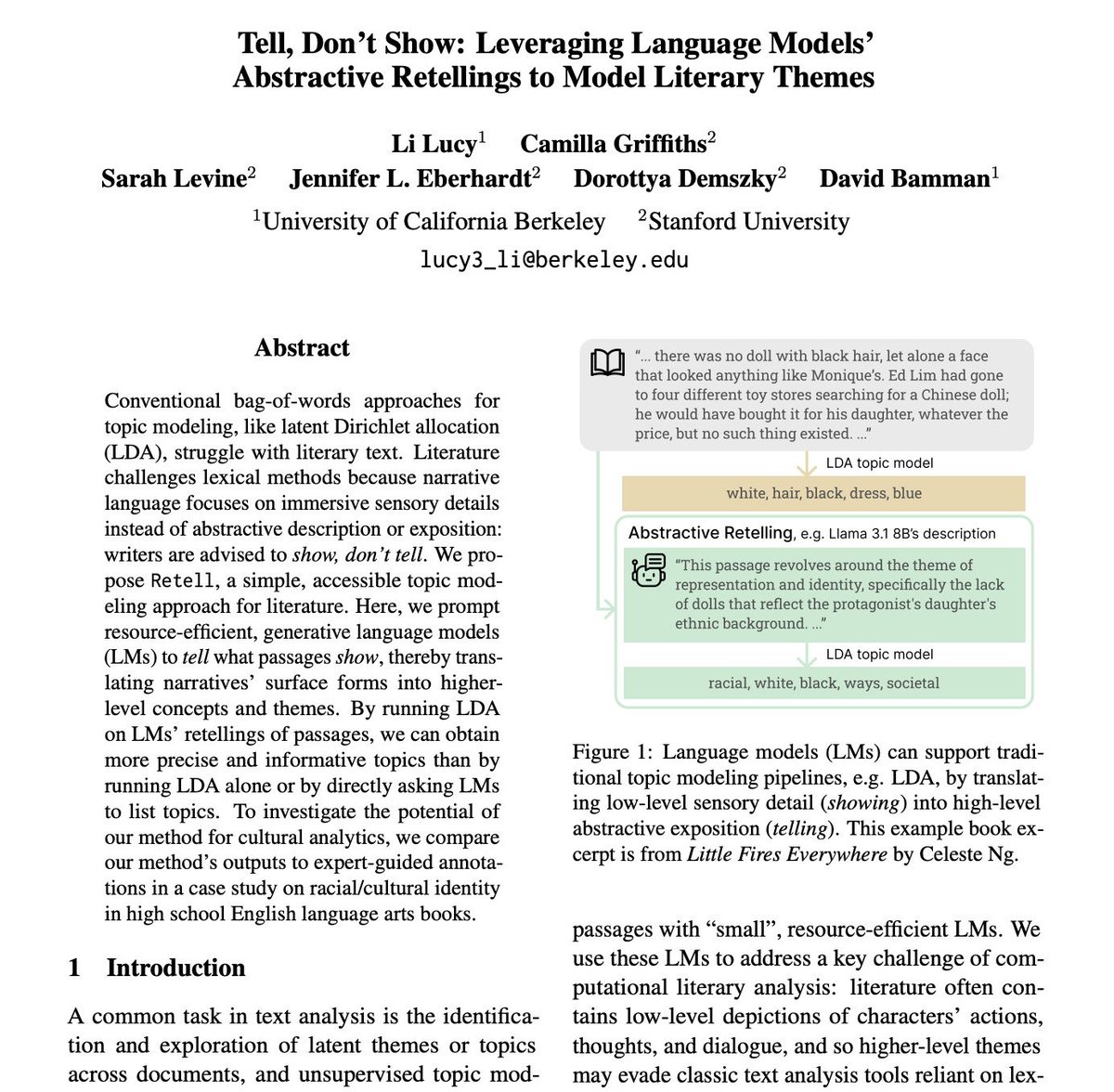
Allen Nie (🇺🇦☮️)
@allen_a_nie
Stanford CS PhD working on RL. Co-creator of Trace. Advised by Emma Brunskill and Chris Piech. Previously: @GoogleDeepMind @MSFTResearch
ID: 104744479
http://anie.me/ 14-01-2010 07:37:22
1,1K Tweet
1,1K Followers
1,1K Following






One of our newest pre-training projects was built with Marin! Stay tuned for more soon! Thanks for Elyas Obbad & David Hall for being so fun to work with -- and Percy Liang help test Marin & Sanmi Koyejo really good kind advice. & Rylan Schaeffer for his very efficient feedback ;)

How should we order training examples? In a new blogpost (w/ Yiding Jiang), we explore a compression-based perspective: order your dataset to minimize its prequential codelength.


Our new preprint is online ! Structural assumptions on the MDP helps in imitation learning, even if offline :) Joint work with Gergely Neu and Antoine Moulin 😎













![Anne Ouyang (@anneouyang) on Twitter photo ✨ New blog post 👀: We have some very fast AI-generated kernels generated with a simple test-time only search. They are performing close to or in some cases even beating the standard expert-optimized production kernels shipped in PyTorch. (1/6)
[🔗 link in final post] ✨ New blog post 👀: We have some very fast AI-generated kernels generated with a simple test-time only search. They are performing close to or in some cases even beating the standard expert-optimized production kernels shipped in PyTorch. (1/6)
[🔗 link in final post]](https://pbs.twimg.com/media/GsIPwK9XoAAvGmI.jpg)




